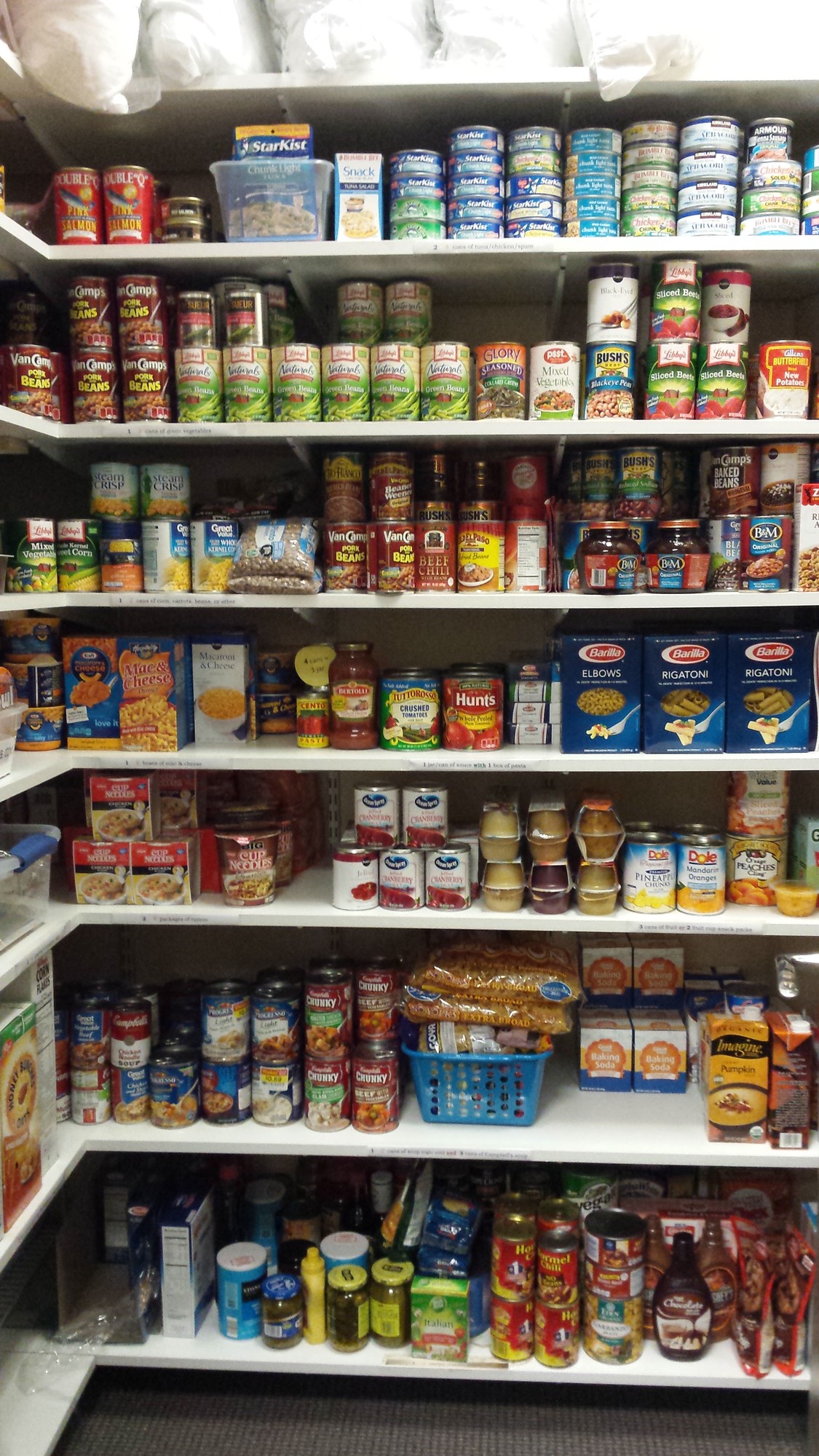Kennesaw State plays a leading role to confront student homelessness, but a bigger budget is needed.
We need an administration that is willing to readjust the budget in favor of homeless students.
This year marks the 10th annual Homelessness Awareness Week, a week in which activities and events are held to collect donations for homeless students and to educate students about homelessness.
CARE Services at KSU helps students who are homeless and who don’t have access to food by providing them with resources like housing, clothing, food and emotional support.
Marcy Stidum, along with her small staff of five to six students, run all of the services associated with CARE, including overseeing things like construction of food pantries, fundraising, planning events and making sure that students are properly housed, clothed and fed.
Unfortunately, because Stidum’s position is new, she said it comes with a limited spending budget of $3,000.
In the 2016-2017 fiscal year, CARE fed 198 people and housed 25 people, according to Stidum, who also said there has been an increase in the use of CARE’s resources, as only 11 students were housed in the 2015-2016 period.
Stidum said in order to house students, she and her team contact nearby hotels and apartment complexes to try to work out the cheapest deals possible, but the problem is that it comes with no guarantees.
When considering the cost of boarding, feeding and clothing multiple students, it’s clear why $3,000 is not a workable budget.
Stadium said that all other resources and money provided to CARE Services are entirely donation-based, relying heavily on financial deals, donations and labor provided by affiliates like Must Ministries, Atlanta Community Food Bank and Publix.
While these donations and fundraising events can bring in thousands of dollars, the need for more resources is always existent, and these means are unreliable in terms of consistency.
Stidum said that many colleges in the United States don’t have services for homeless and/or food-insecure students, meaning KSU is breaking the norm by even acknowledging homelessness.
Simply by existing, CARE Services at KSU is providing an example for the nation’s universities, and we need to make it the best example we possibly can.
Unfortunately, KSU housing has contributed to the problem of student homelessness by forcing students changing dorms on campus to vacate their dorms and take everything they own during a two-week transition period every summer. This caused three students to rely on CARE Services to put them up in hotels in summer 2017 according to Stidum.
Students can help by pushing KSU to make a change by voicing their concerns, petitioning, protesting and by volunteering with CARE Services.
Stidum also encourages students to get involved by participating in Homelessness Awareness Week, donating food and sharing good deals on apartments and food with other students on Facebook.





While it is great to help people in need, KSU does not need to increase the budget for CARE as this would mean passing the cost of housing and feeding homeless students onto other students at KSU. Most students already have to put themselves into debt to attend, and our costs shouldn’t be increased so that others can attend. CARE should certainly be talked about more and people should be encouraged to donate and help where they can. KSU could look into requiring community service for students (or students below a certain GPA) and CARE could be a service opportunity. Perhaps people could donate 30 canned good items instead of paying for parking tickets. CARE could even do a raffle where half of all money raised goes to the winner and the other half is used to help students as this would give students the choice to donate vs forcing them by giving CARE a larger budget and therefor increasing tuition costs.